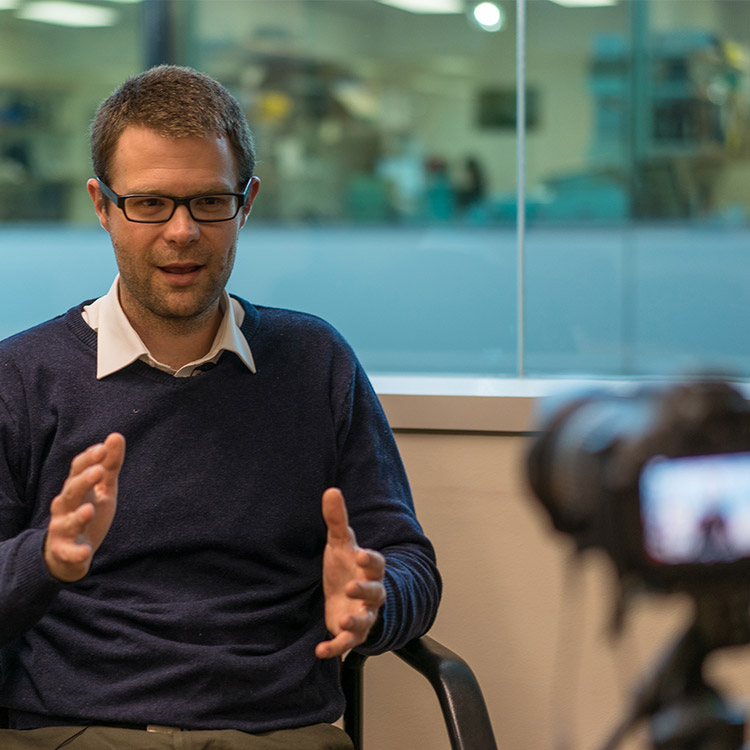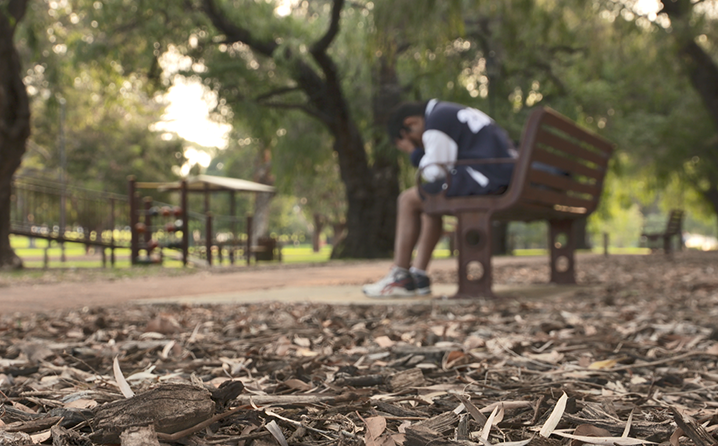Search
Research
Correlates of Help-Seeking Behaviour in Adolescents Who Experience Bullying VictimisationA commonly suggested strategy for addressing bullying is for victims to seek help from a trusted person. Despite this recommendation, there are a group of adolescent victims who choose not to seek help. This study aimed to identify factors associated with not seeking help among adolescents who experienced bullying victimisation.
Research
Strengthening student social and emotional wellbeing and preventing bullying behaviours: Insights from 20 years of Friendly Schools research in Australian schools.Strong evidence supports our current understandings of student bullying behaviours and ways schools can prevent and respond effectively to bullying behaviour. In the late 1990’s, however, little was understood about the most effective ways to reduce bullying in Australian schools. In response to schools’ need for evidence-informed action, a pipeline of research called Friendly Schools was initiated in 1999 which for the past twenty years, has provided robust whole-school evidence-based knowledge and skills to support policy makers, school staff and other practitioners working in schools and families across Australia.

News & Events
The Kids researchers finalists in Premier’s Science AwardsThe Kids Research Institute Australia has two researchers and an innovative science engagement initiative as finalists in the 2017 Premier’s Science Awards.

News & Events
Friendly Schools goes from strength to strengthWhat began as a small formative research project 20 years ago has grown into a universal bullying prevention and social skills development program which has helped countless Australian children and their families.

News & Events
What are the signs my child is being bullied?More than half of all children who are bullied do not tell anyone.
Research
School Readiness of Children Exposed to Family and Domestic ViolenceChildren have a universal right to live free from exposure to family and domestic violence (FDV). Children exposed to FDV can experience long-term effects on their physical and psychological health and their social competencies including social, emotional, and cognitive skills and behaviours that underpin successful social adaptation and academic achievement. The aim of this study was to investigate if children exposed to FDV were more likely to be vulnerable on school readiness measures compared to those children who were not exposed.
Research
Friendly schools’ bullying prevention research: Implications for school counsellorsBullying varies in frequency, intensity, duration and hence severity, and contributes uniquely and directly to mental health problems, with severe and long-lasting consequences. Almost a half of school-age students report being bullied in the past year.
Research
The psychosocial burden of childhood overweight and obesity: evidence for persisting difficulties in boys and girlsOverweight and obese children reported greater psychosocial distress than healthy weight children, and these differences were more pronounced for girls than boys.
Research
Prevalence and correlates of bullying victimisation and perpetration in a nationally representative sample of Australian youthThe current findings showed that involvement in any bullying behaviour was associated with increased risk of concurrent mental health problems
Research
Bullying Prevalence Across Contexts: A Meta-analysis Measuring Cyber and Traditional BullyingBullying involvement in any form can have lasting physical and emotional consequences for adolescents.
